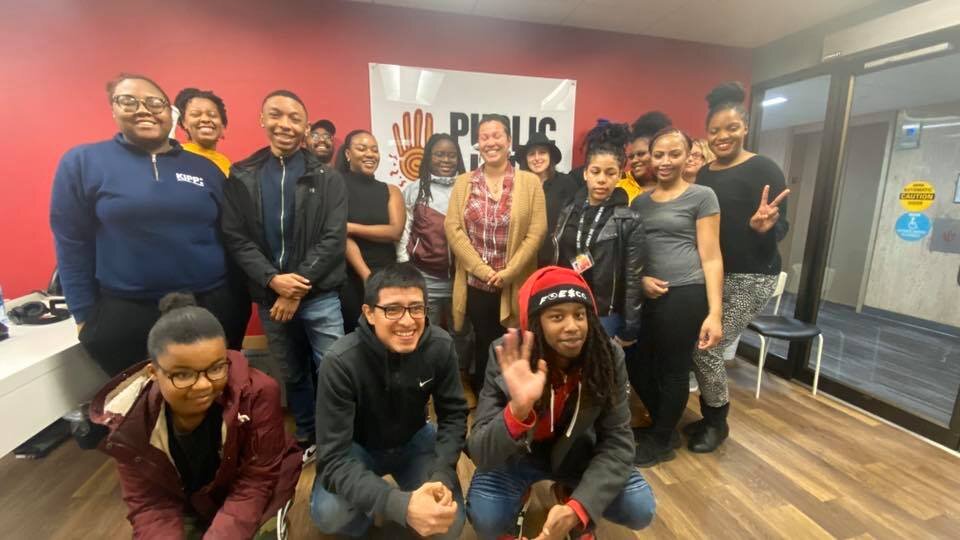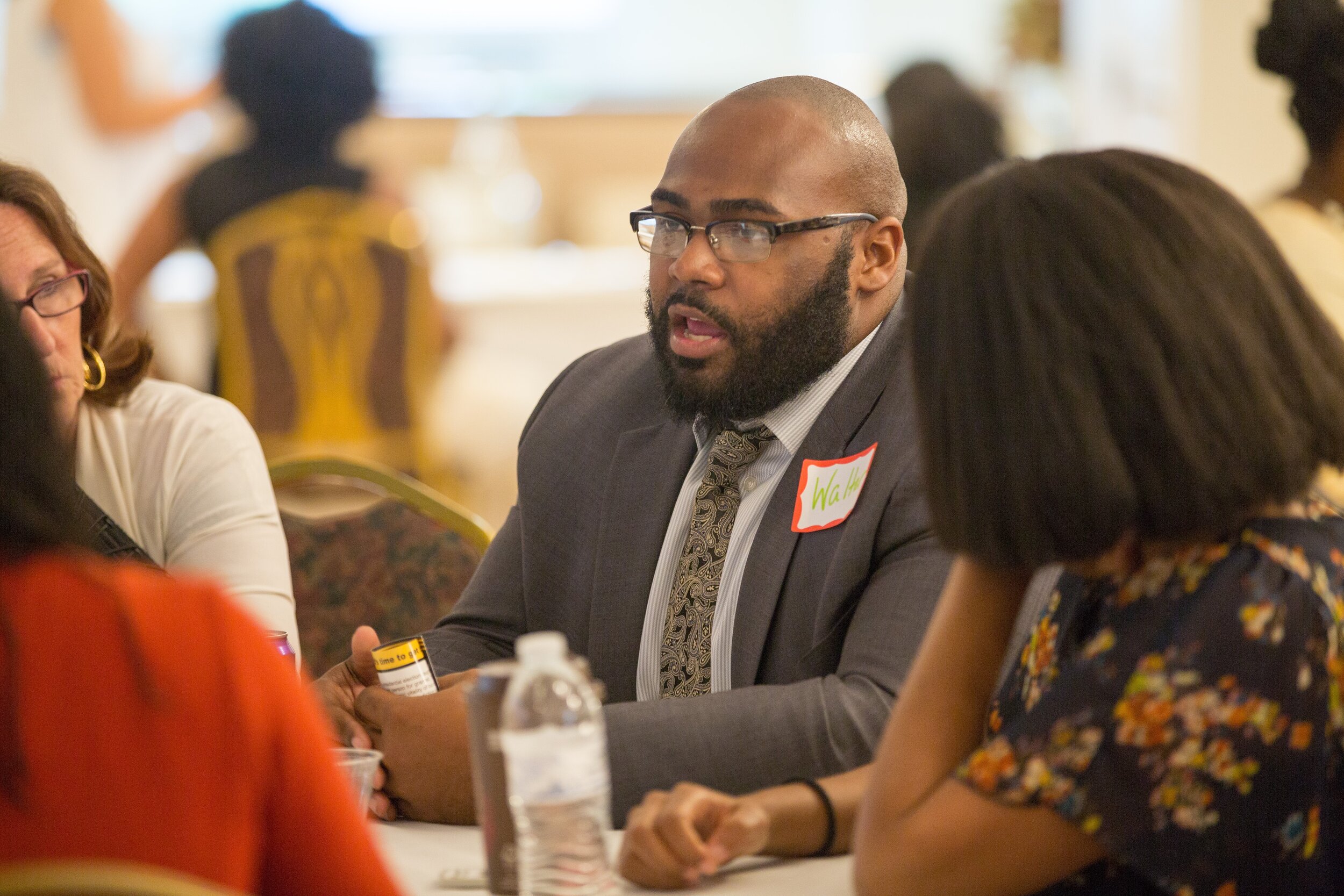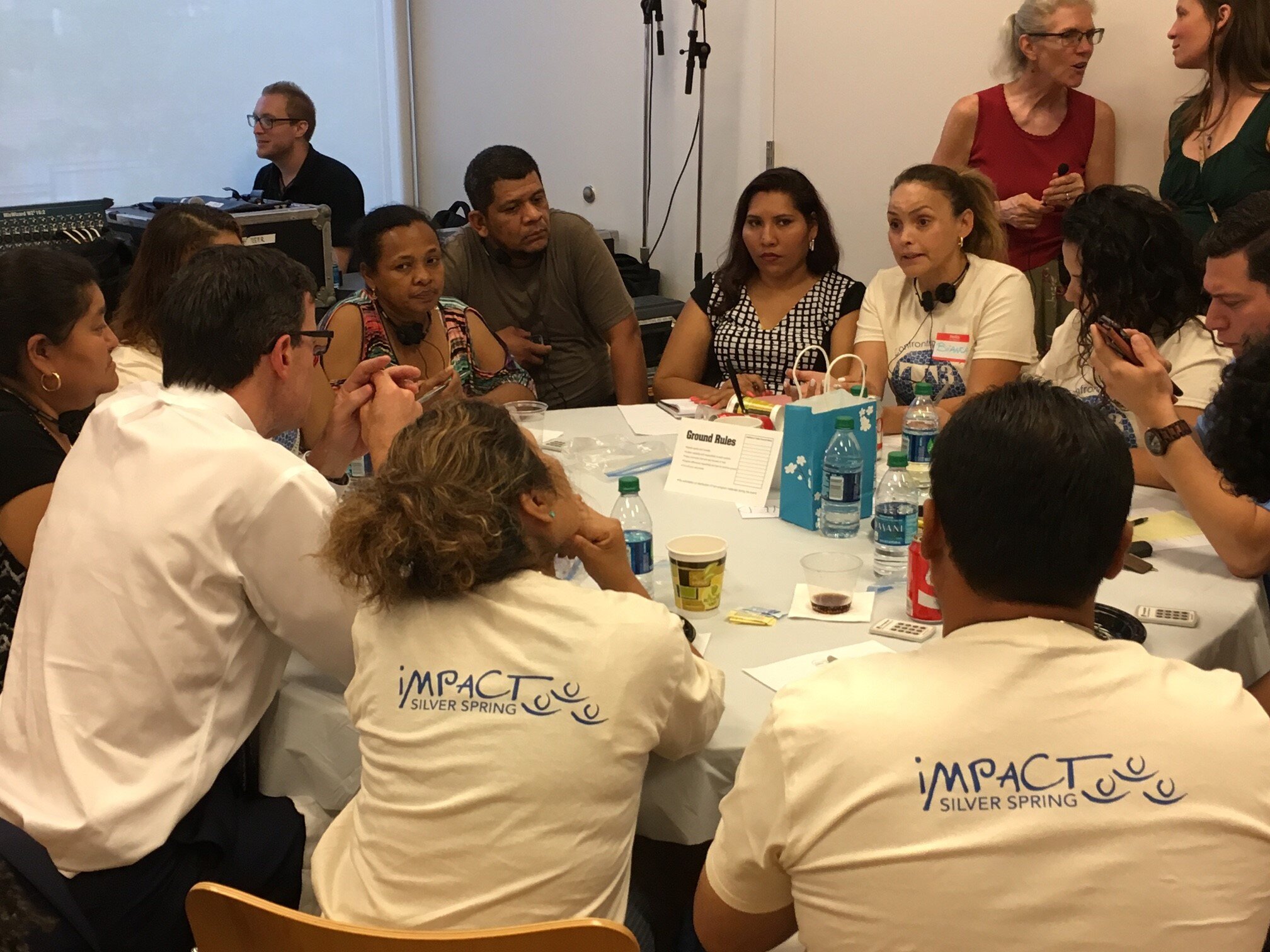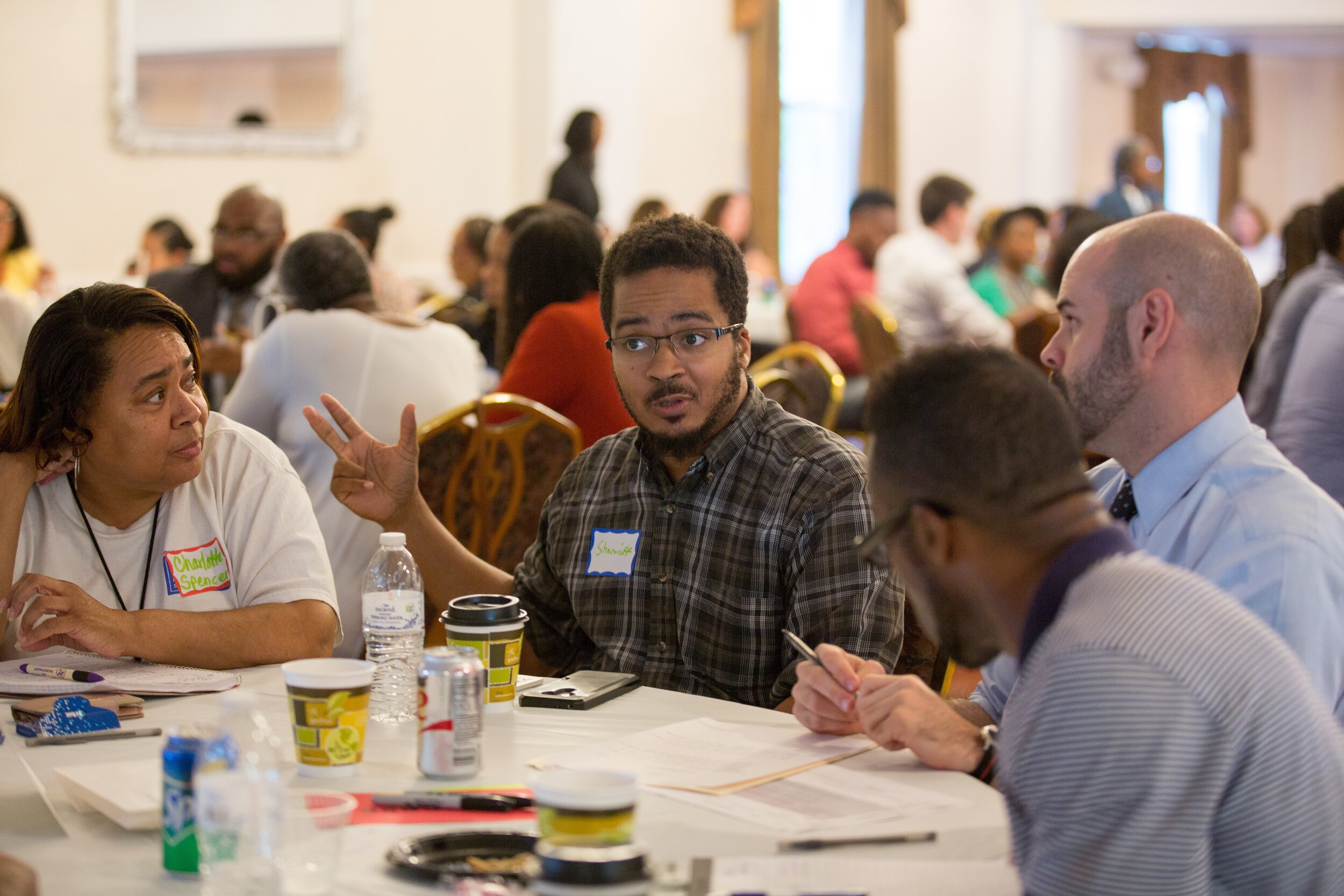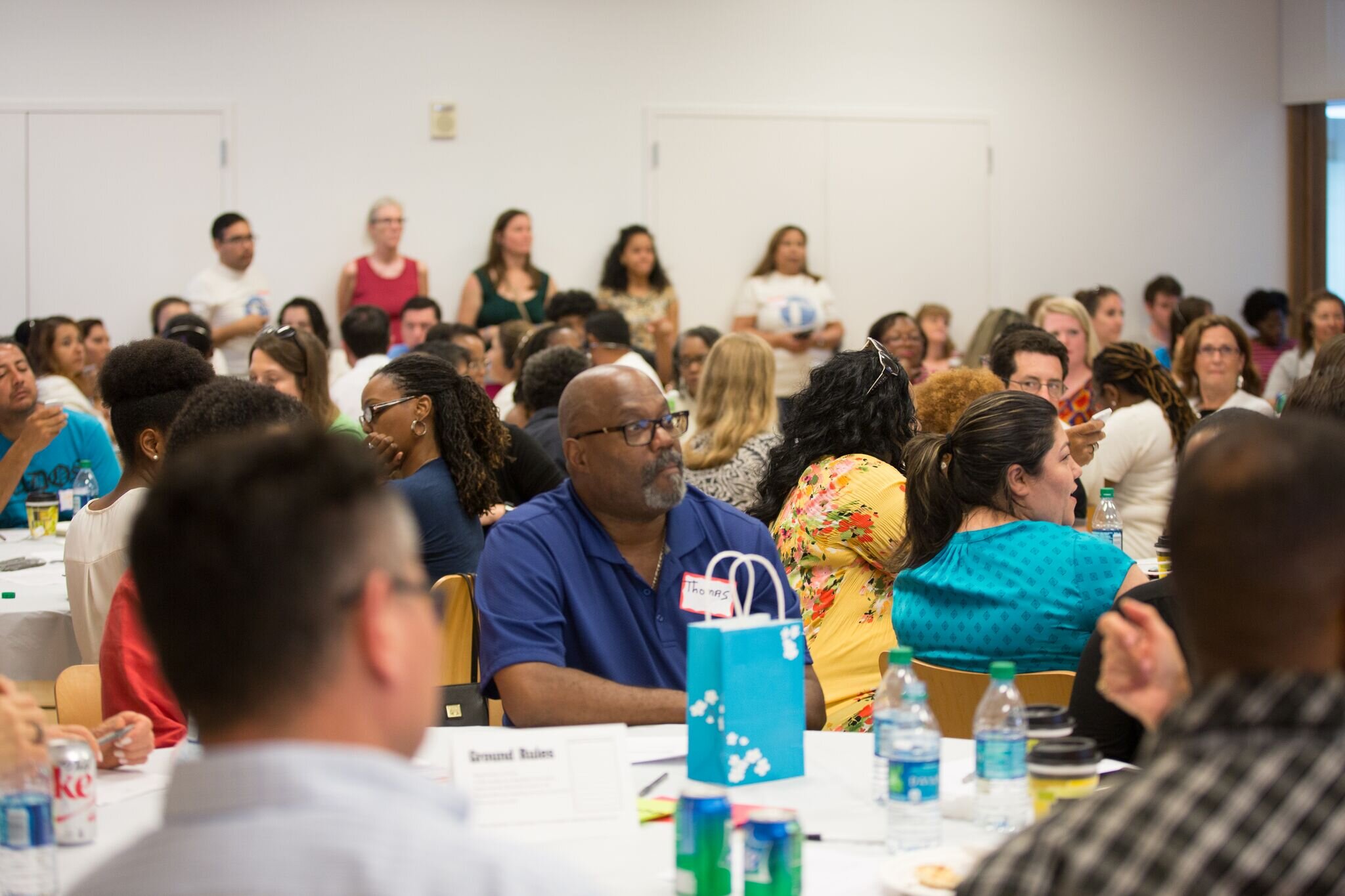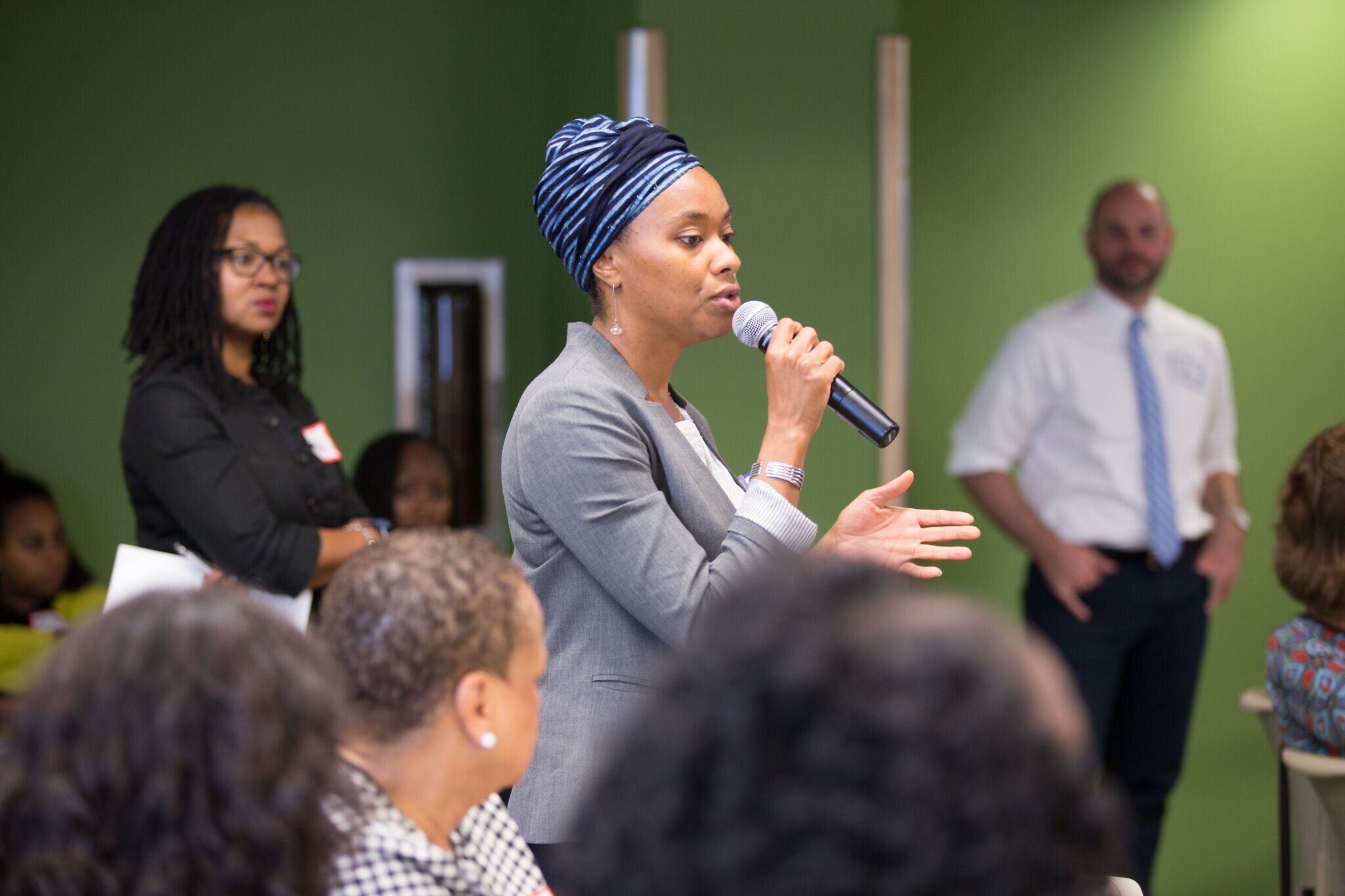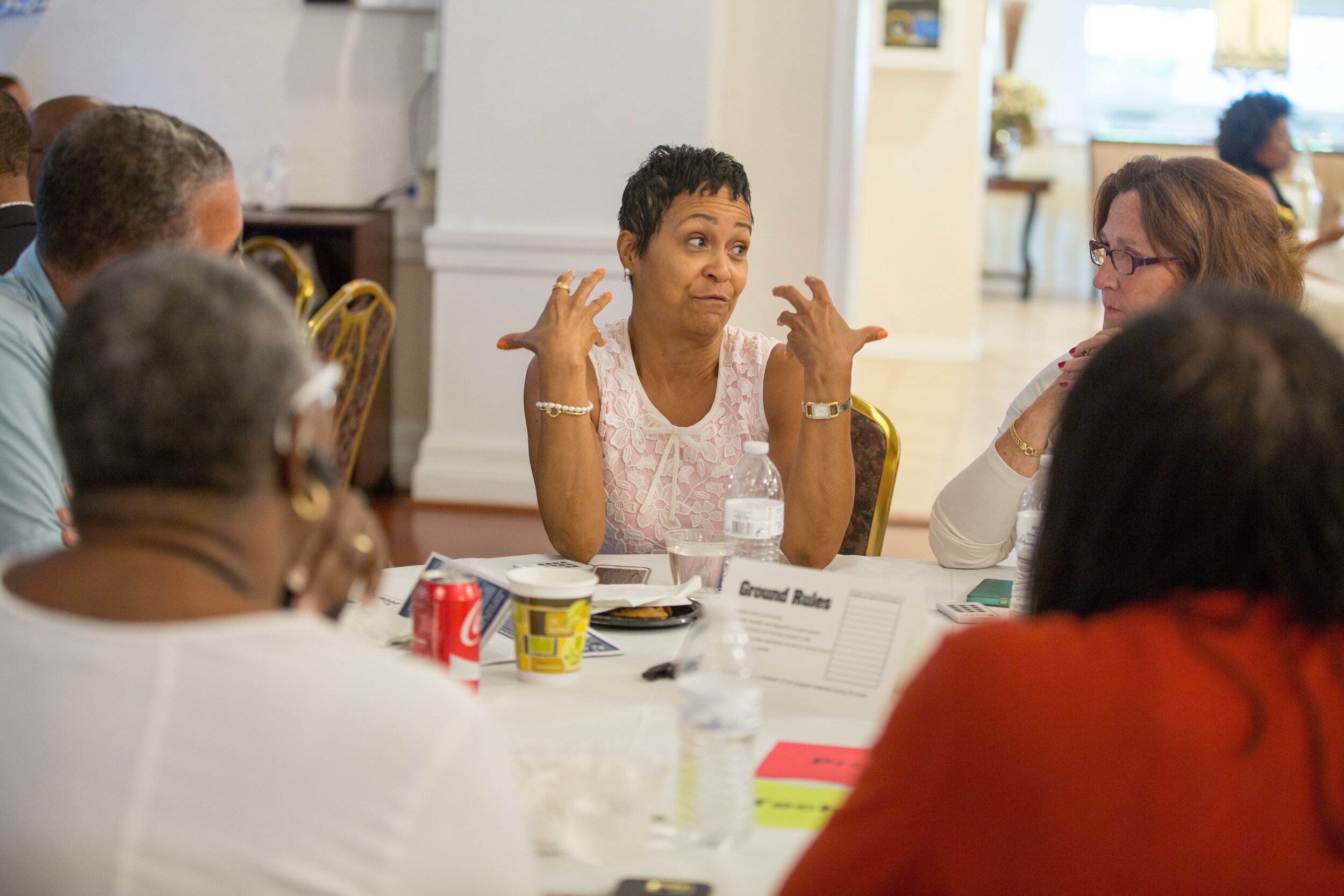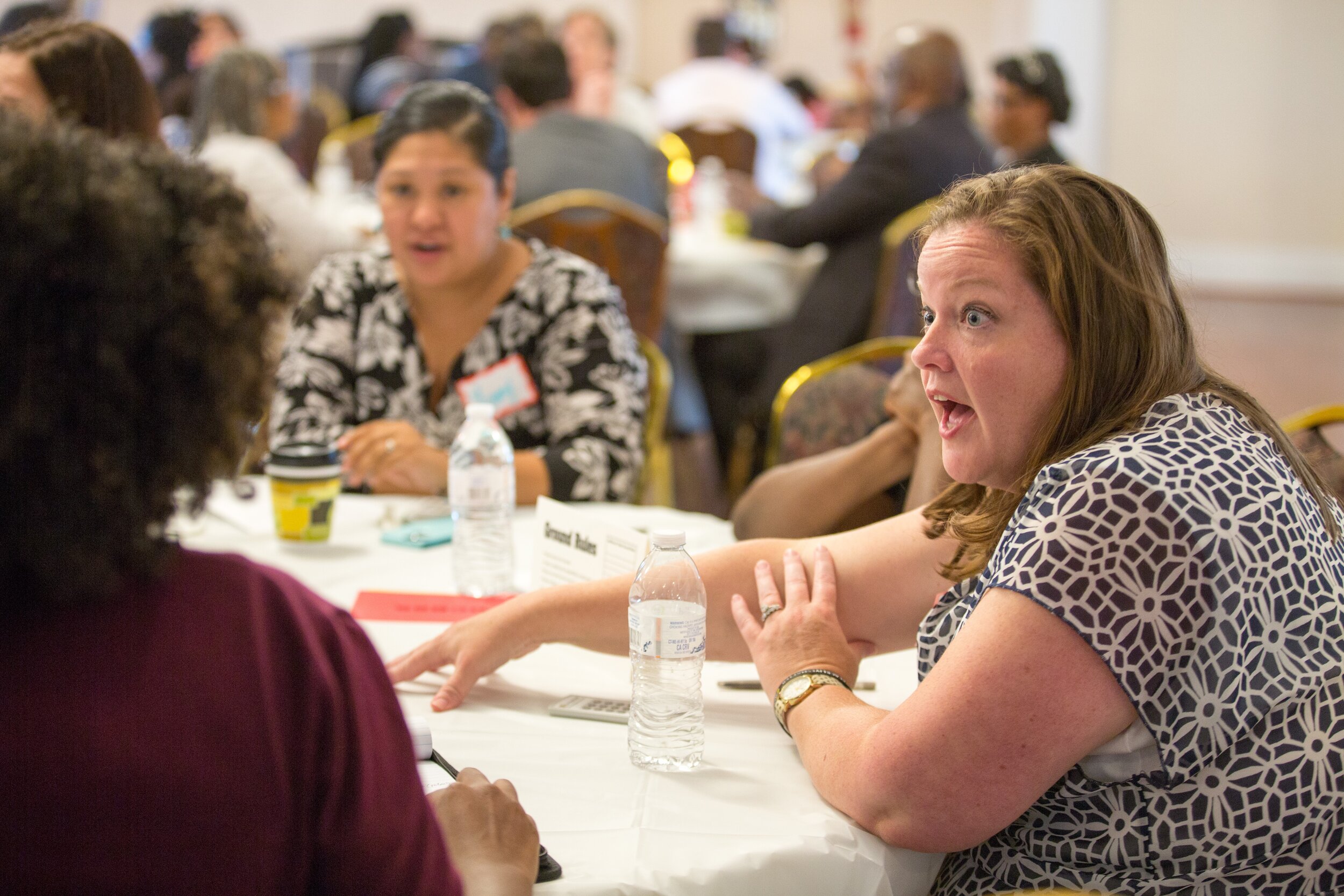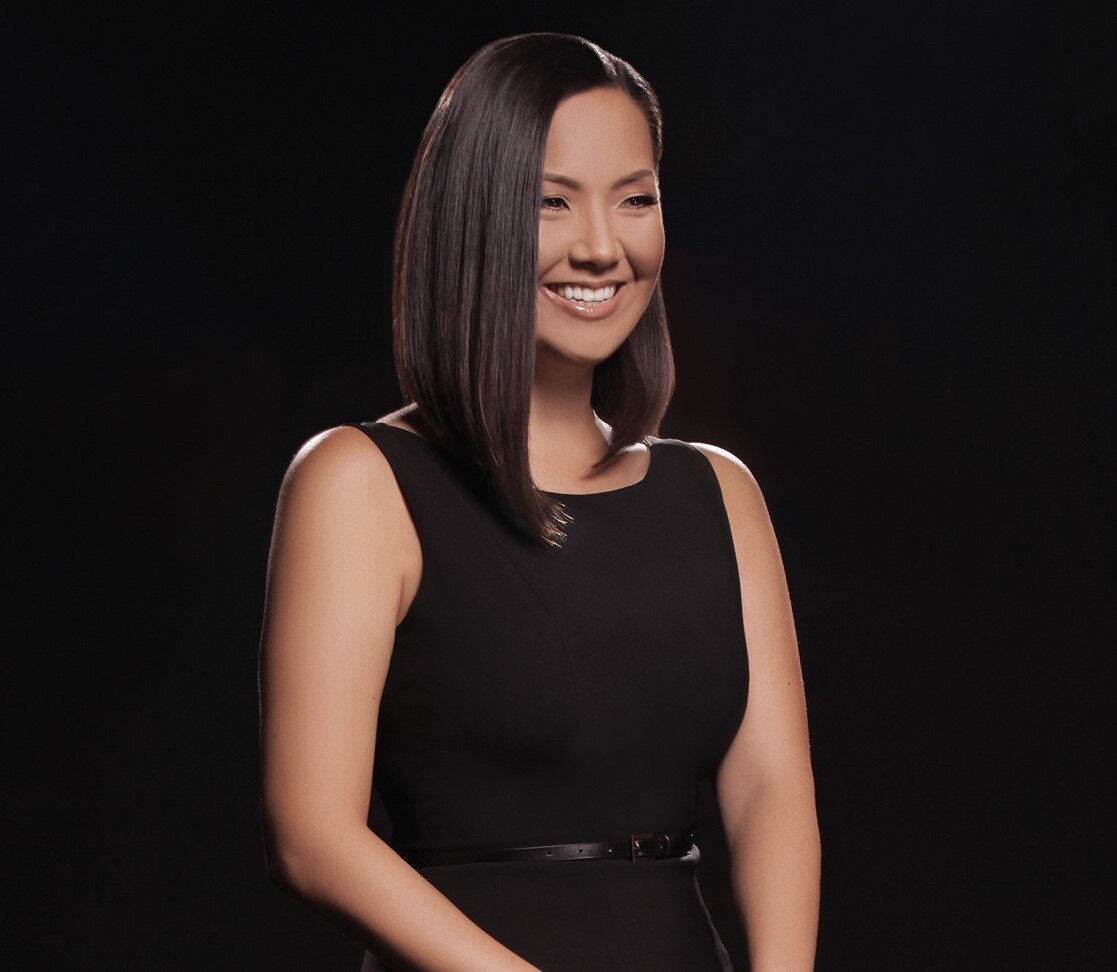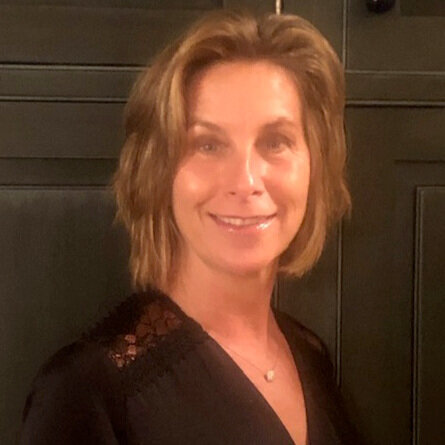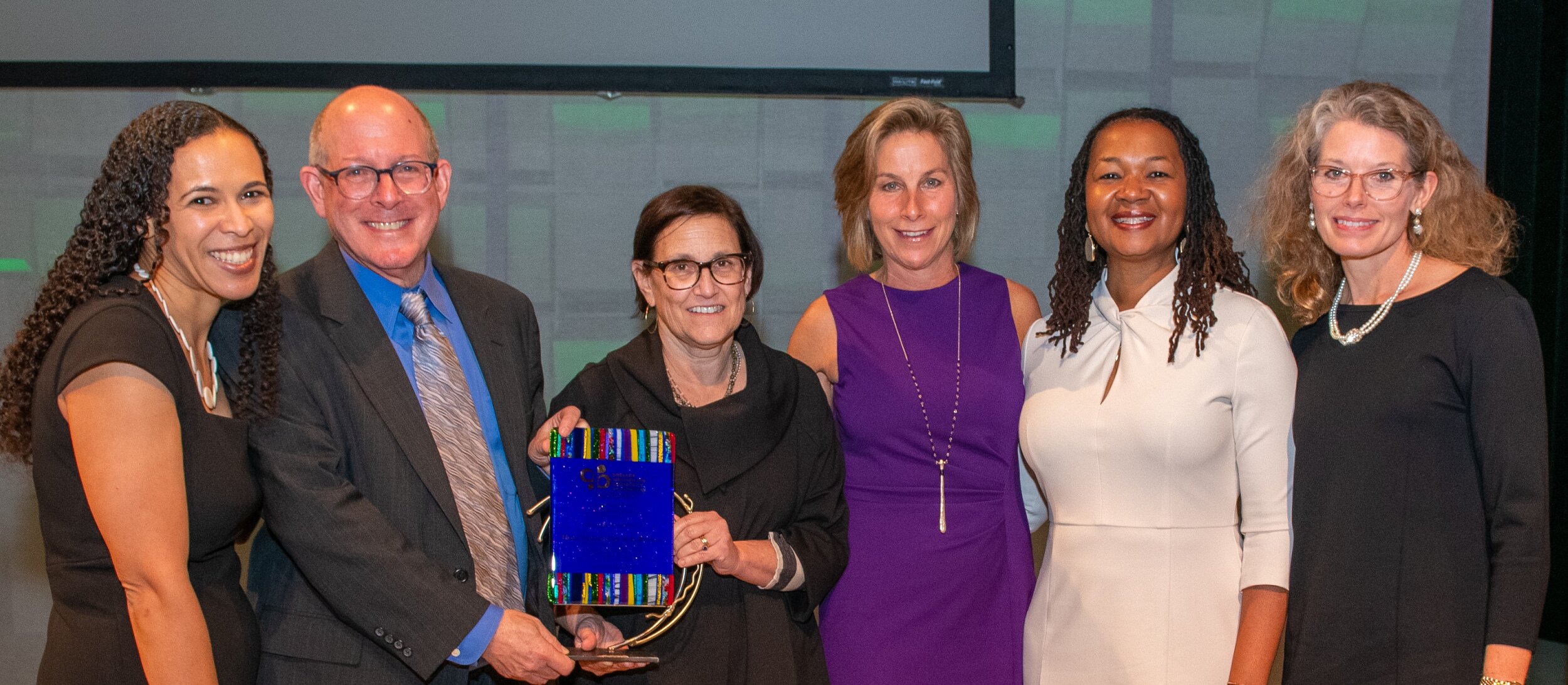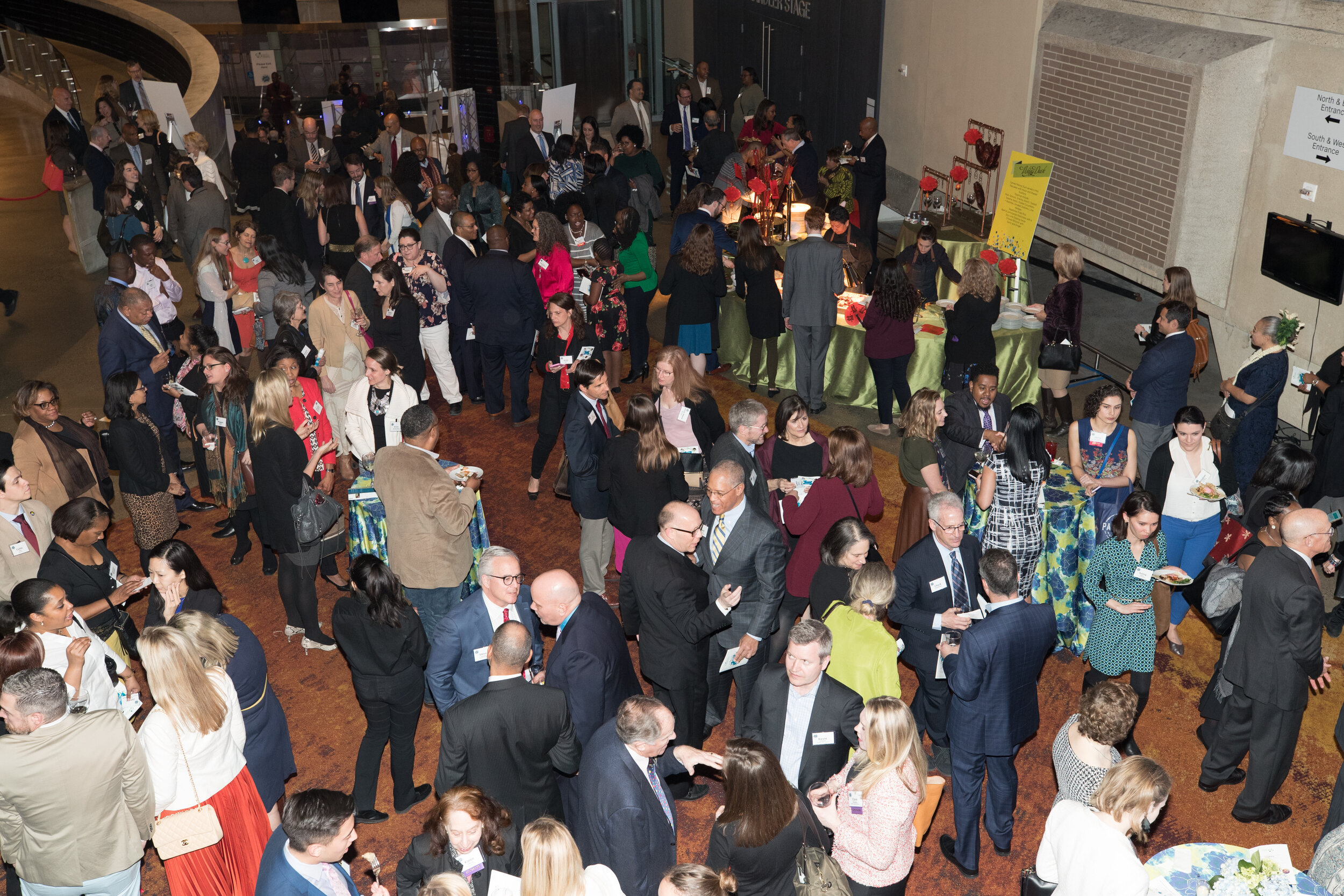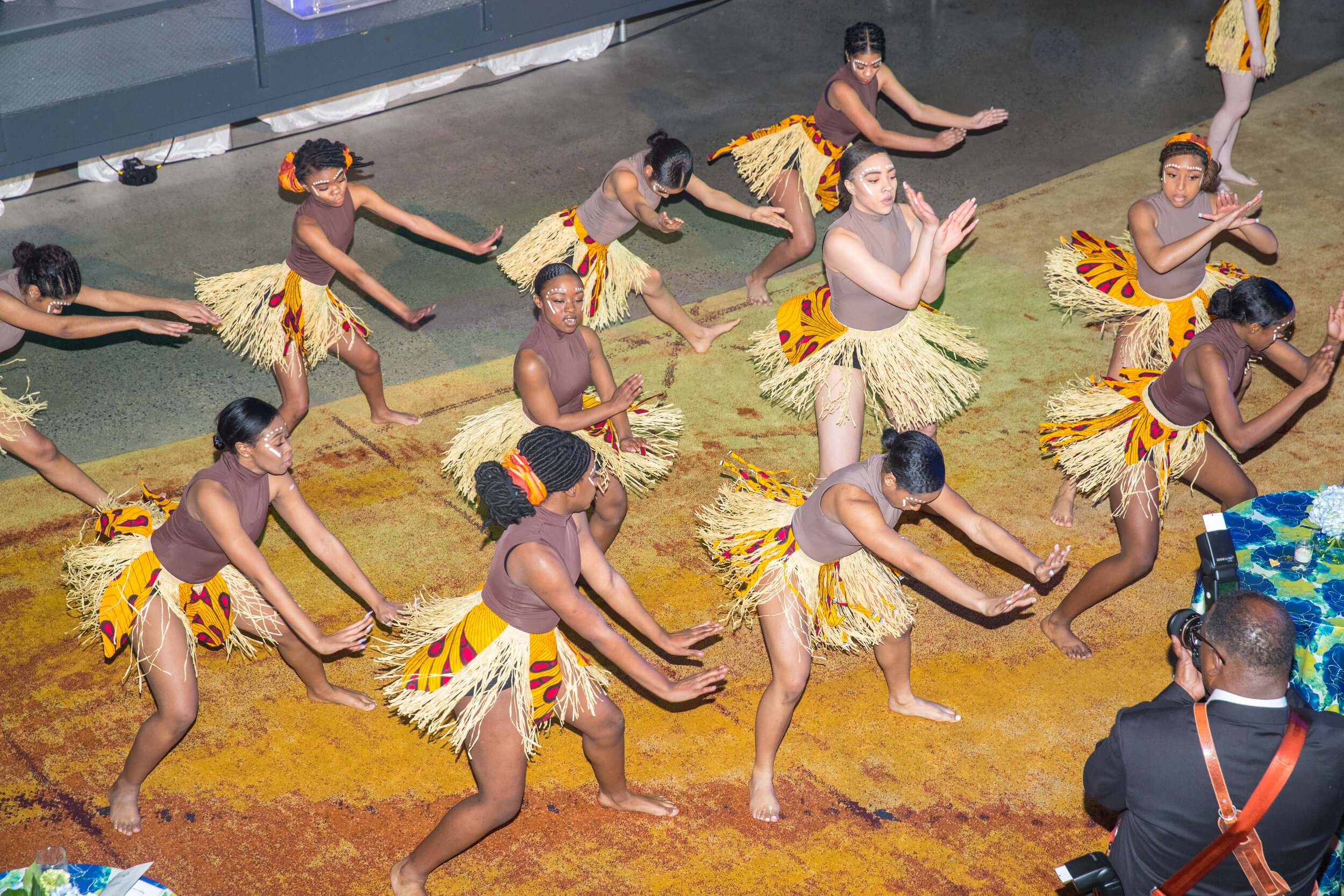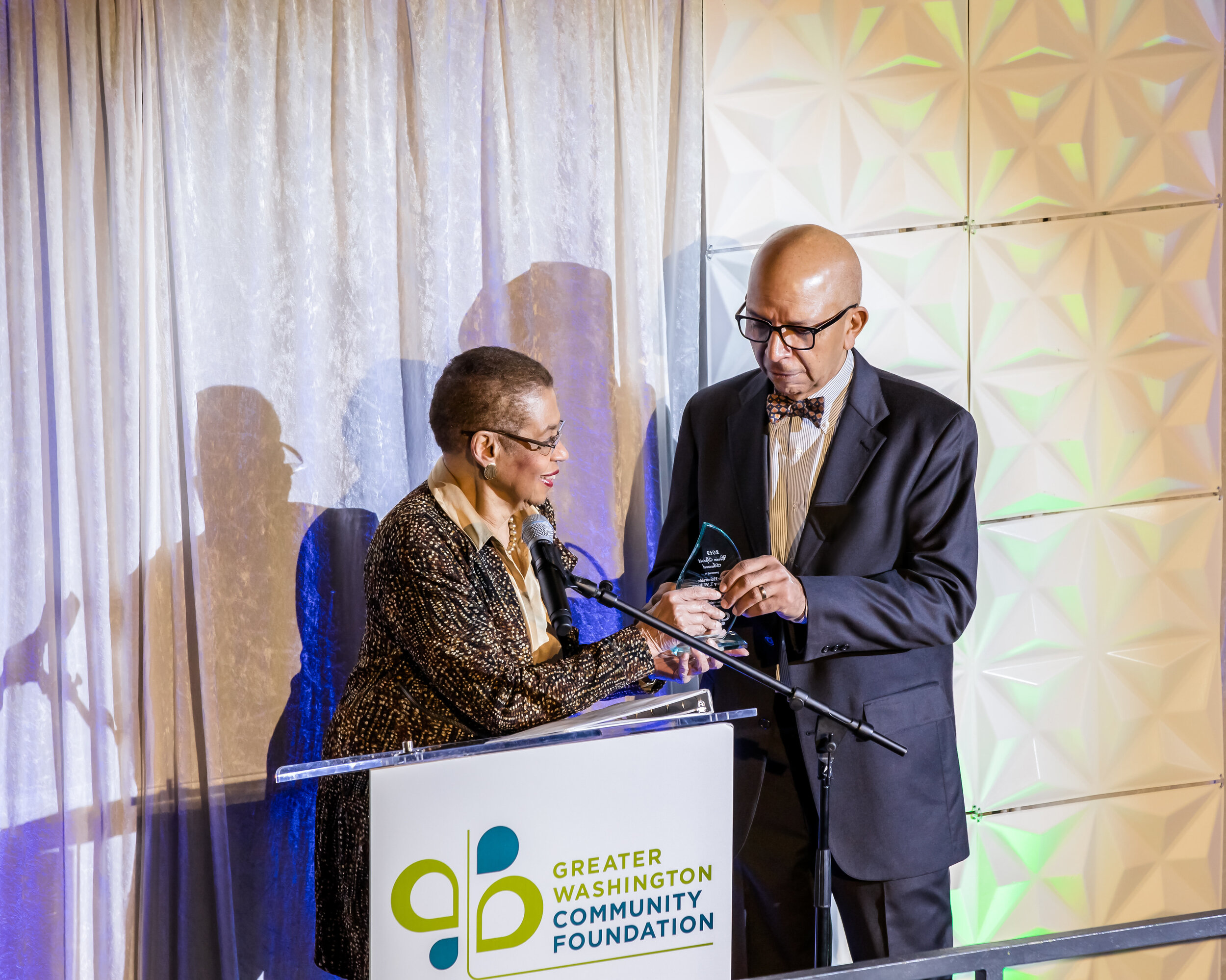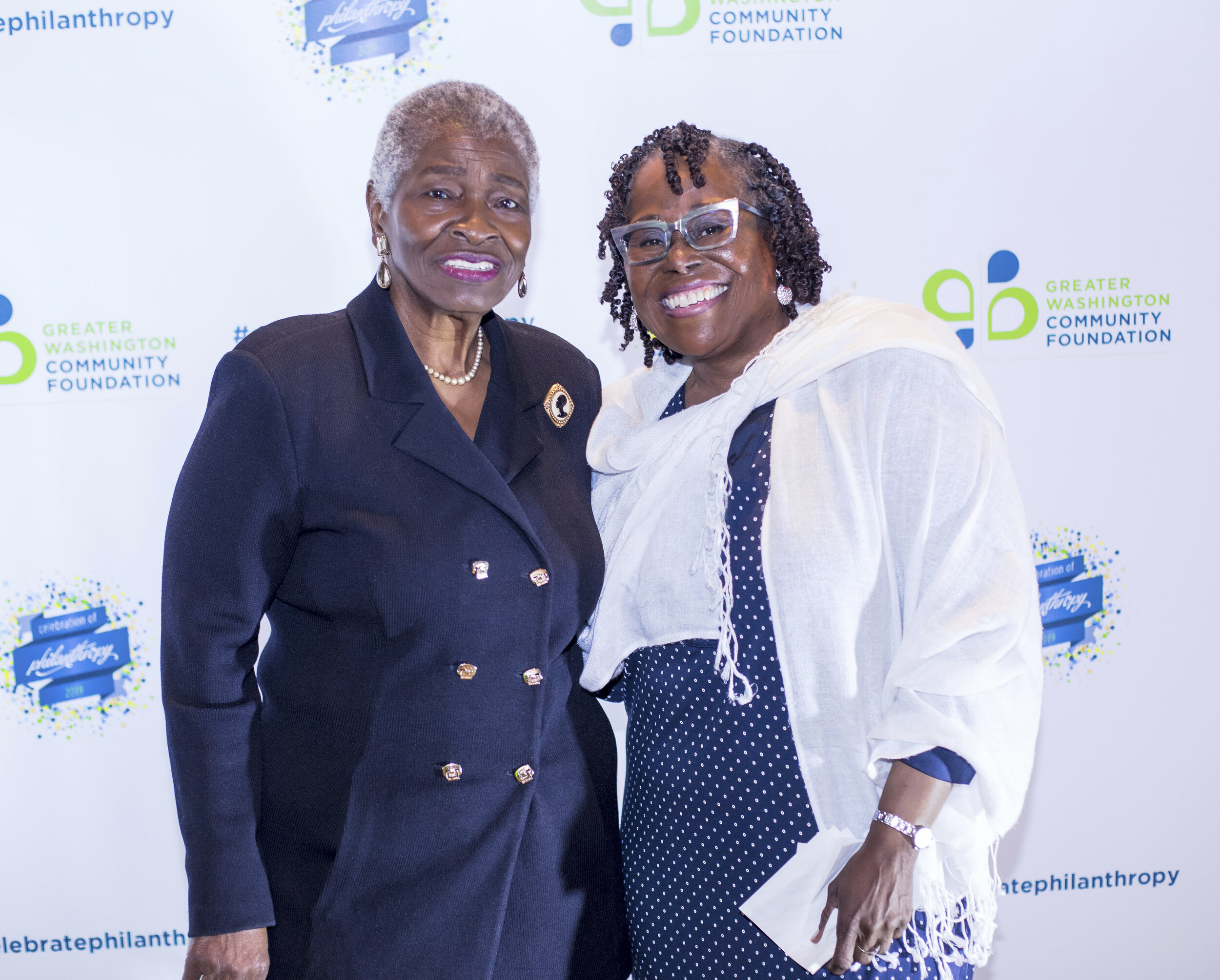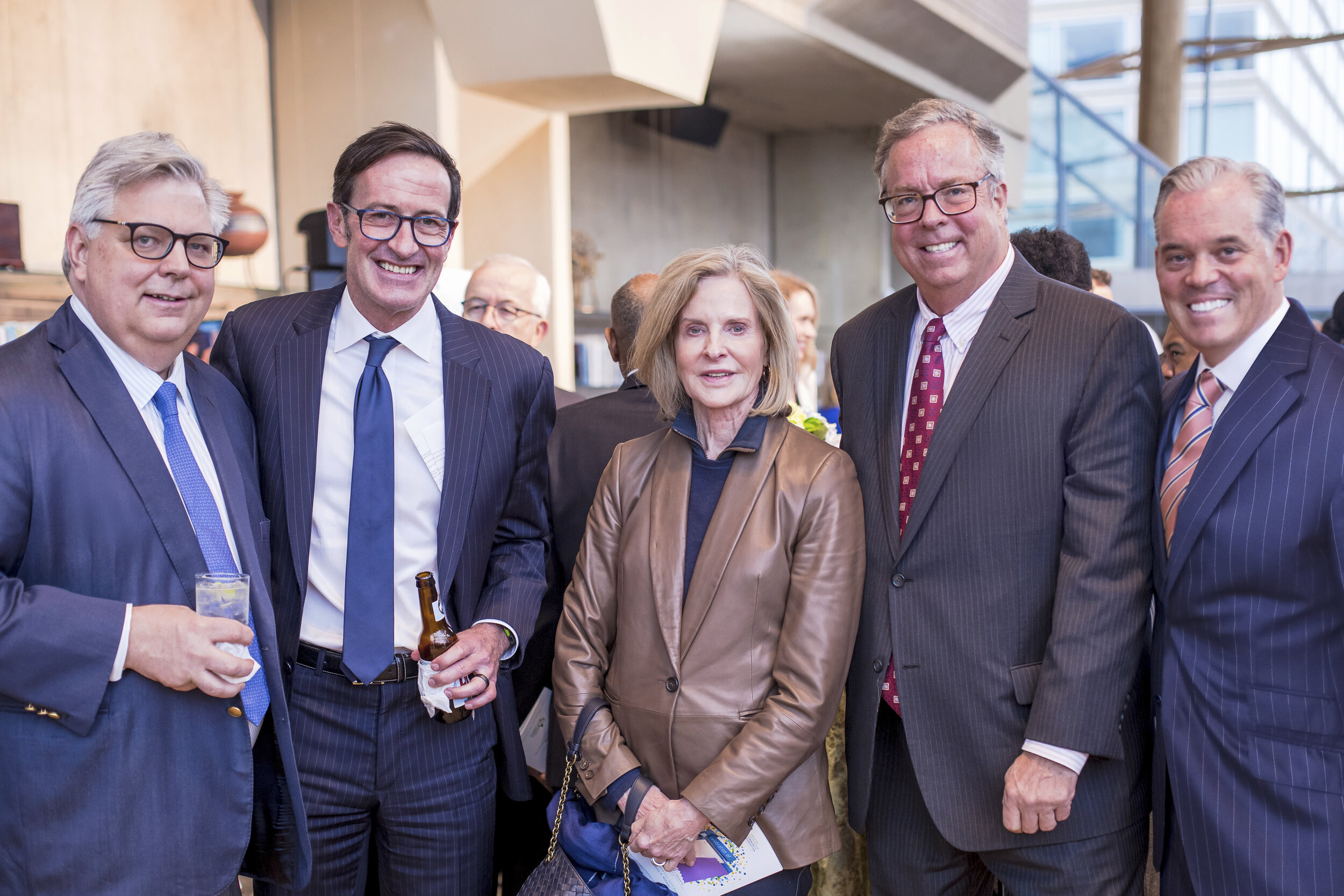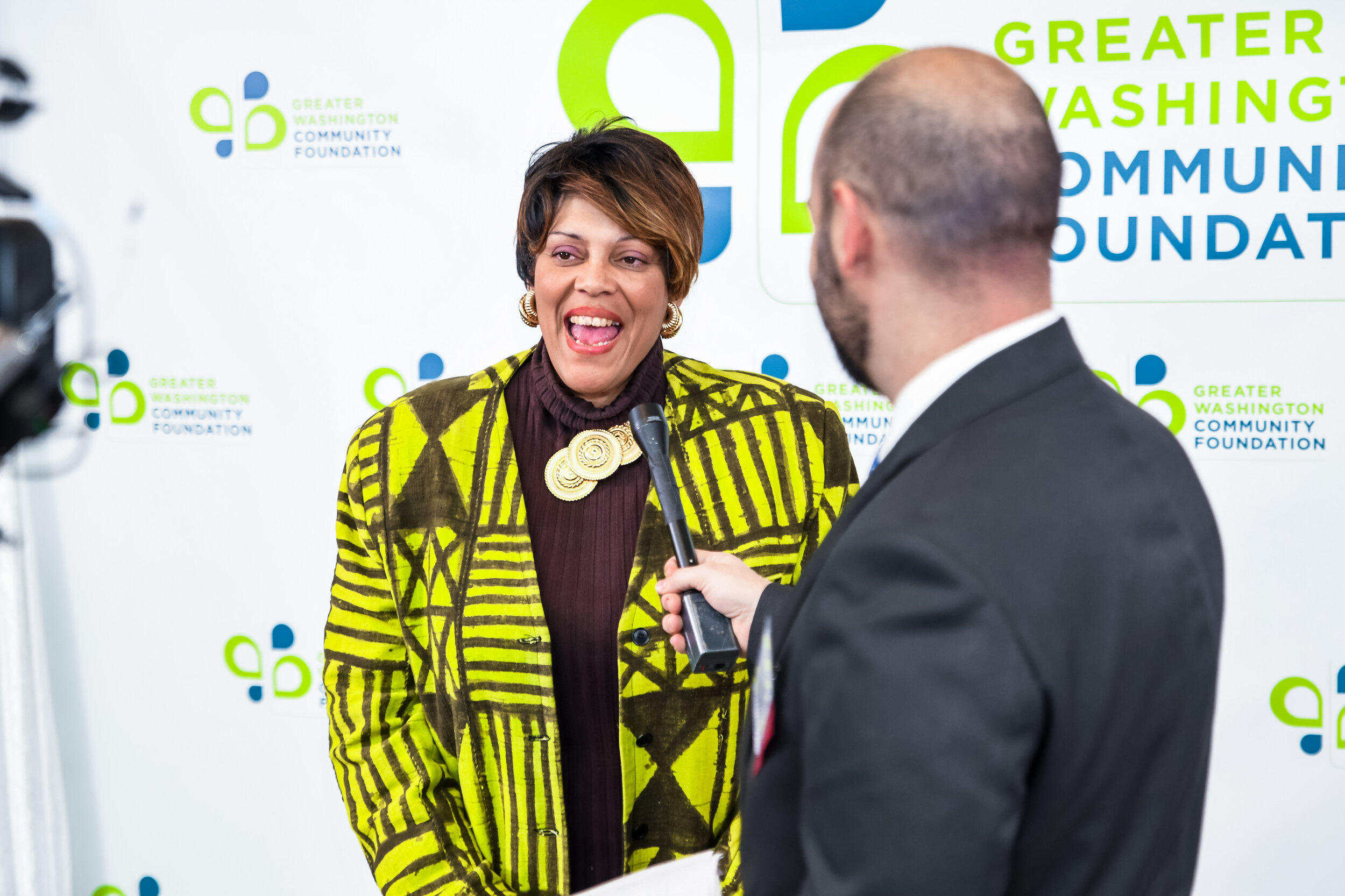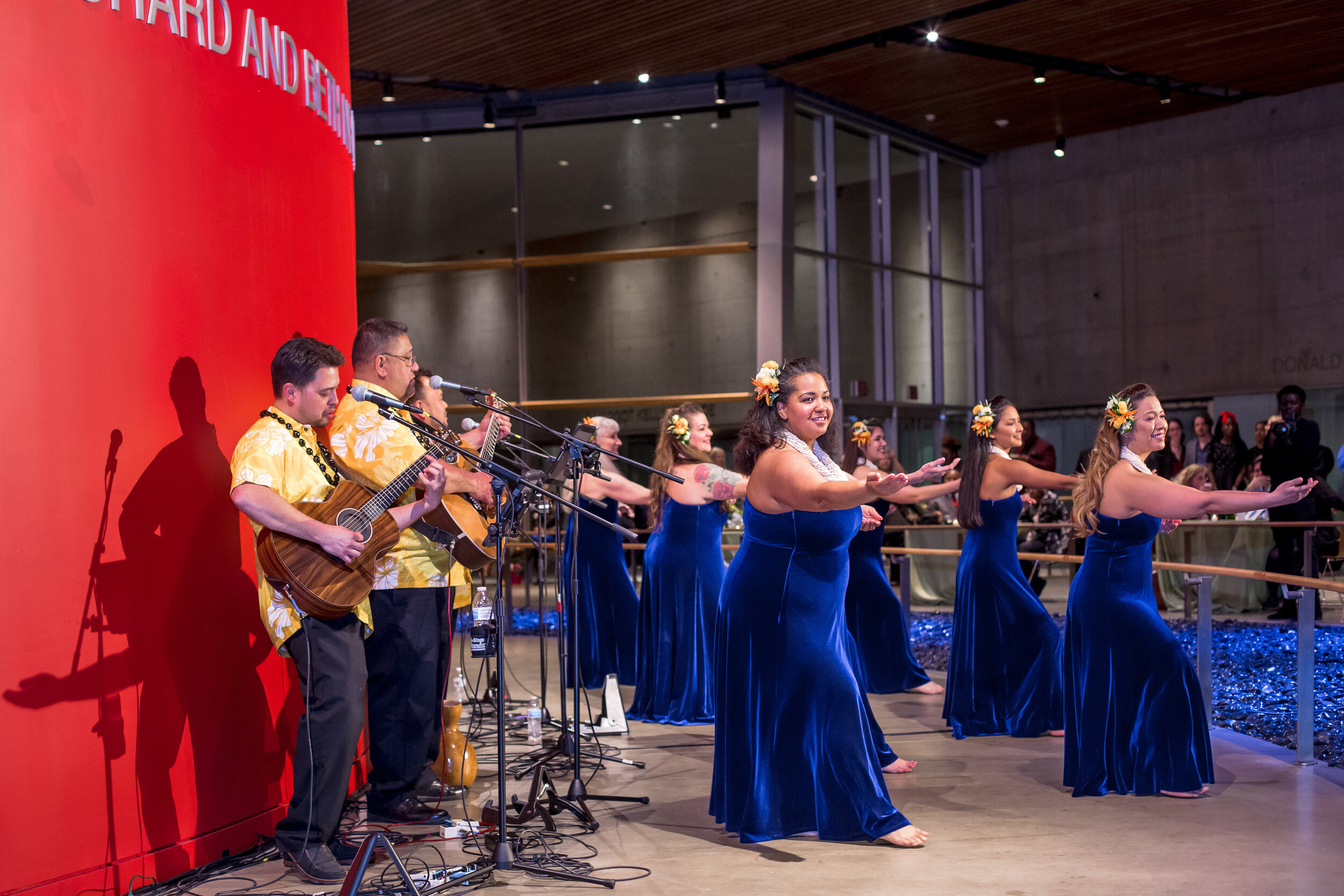The Greater Washington Community Foundation, working in partnership with County Executive Angela D. Alsobrooks’ Administration and Prince George’s County Public Schools, has announced $650,000 in grants to support local nonprofits responding to the immediate impacts of the COVID-19 crisis on Prince George’s County residents. The grants will be administered by The Community Foundation, as part of its COVID-19 Emergency Response Fund, with funding provided by a personal contribution from Sam Brin, a former Prince George’s County resident.
The first $550,000 in funds will assist 15 local nonprofit organizations providing direct services and support to address the immediate health and economic needs of individuals, youth, families, and disproportionately impacted communities in Prince George’s County. The funds will help to:
Reduce food and housing insecurity
Mitigate the impact of reduced wages and lost work for low-wage workers, especially for people of color who are disproportionately affected
Expand medical care access to seniors, marginalized communities, and the uninsured
Enhance educational access and services for out of school children and youth from low-income families
Address the unique needs of people experiencing homelessness and people at risk of homelessness
An additional $100,000 in funds will support Prince George’s County Public Schools to help defray the cost of internet connectivity and ensure every senior in need has internet access to participate in distance learning for the remainder of the school year.
“We are grateful to our generous donors and strategic partners for stepping up to help us meet the evolving needs and challenges associated with the impacts of coronavirus on Prince George’s County residents,” said Tonia Wellons, Interim President and CEO of the Greater Washington Community Foundation. “The Community Foundation is committed to working with our partners to address both the immediate needs of our neighbors and to plan for the longer term needs of our communities. During this time of crisis and uncertainty, we are inspired by how members of our community, and beyond, have come together to care for one another.”
“Even in the absence of a pandemic, our nonprofits do invaluable work for Prince George’s County families facing difficult times,” said Prince George’s County Executive Angela Alsobrooks. “We are thankful for our partners like The Community Foundation who are truly showing the strength and power of our community while ensuring our residents can make it through these unprecedented times.”
"The ability to work with partners such as the Greater Washington Community Foundation allows us to ensure that all contributions dedicated to Prince George’s County are being monitored and administered directly to the organizations that need it most,” said Diana Léon Brown, Director of Strategic Partnerships in the Office of the Prince George’s County Executive.
"We are grateful for the generous $100,000 donation from former PGCPS student, Sam Brin," said Chief Executive Officer, Dr. Monica Goldson. "His donation, in partnership with the Greater Washington Community Foundation, will help PGCPS defray the cost of internet connectivity and ensure every senior in need has internet access for the remainder of the school year. We look forward to continuing to work with our community partners as we strive to meet the needs of our students."
"Prince George's County welcomed my Soviet refugee family with open arms, and was a nice place to call home,” said Sam Brin. “I consider it my responsibility to help residents meet their basic needs and hope other prospective donors will join me."
Sam Brin was raised in Prince George’s County, attended Prince George’s County Public Schools, and studied Computer Science and Physics at the University of Maryland. Although Mr. Brin no longer resides in the county, he made this personal contribution to give back to the community where he was raised and his family called home.
The nonprofit organizations receiving grants this round include:
Community Crisis Services, Inc.
Community Outreach & Development CDC
Employ Prince George’s
Food & Friends
Hyattsville Aging in Place
Jobs Have Priority
La Clinica del Pueblo
Latin American Youth Center
Laurel Advocacy and Referral Services
Mary’s Center
Mission of Love Charities
Prince George’s Child Resource Center
SHABACH! Ministries
The Arc
United Communities Against Poverty
“During economic hardships, the most vulnerable populations are always those who have less prior to the recession. Most of these residents, and households, are living paycheck to paycheck, always wondering how they will pay the next bill or provide the next meal,” said Walter L. Simmons, President & CEO, Employ Prince George's. “The Greater Washington Community Foundation’s COVID-19 Emergency Response Fund is allowing Prince George’s County community partners to provide immediate resources to these people. Employ Prince George’s will be able to provide payments to pay a bill and put food on the table!”
For the latest information and resources on the county’s COVID-19 response, go to https://www.princegeorgescountymd.gov/3397/Coronavirus.
For more information and to make a contribution for Prince George’s County through The Community Foundation’s COVID-19 Response Fund, visit www.thecommunityfoundation.org
About the COVID-19 Emergency Response Fund
The Greater Washington Community Foundation, in collaboration with regional partners, established the COVID-19 Emergency Response Fund to rapidly deploy critical resources to nonprofits responding to the urgent health and economic needs of disproportionately impacted communities. Through this fund, we are focused on addressing lost wages for hourly and gig economy workers, supporting out of school children and youth, expanding access to medical services, and meeting the unique needs of people experiencing homelessness. To date, The Community Foundation has raised more than $4.3 million for relief and recovery efforts that will support our most vulnerable neighbors.










